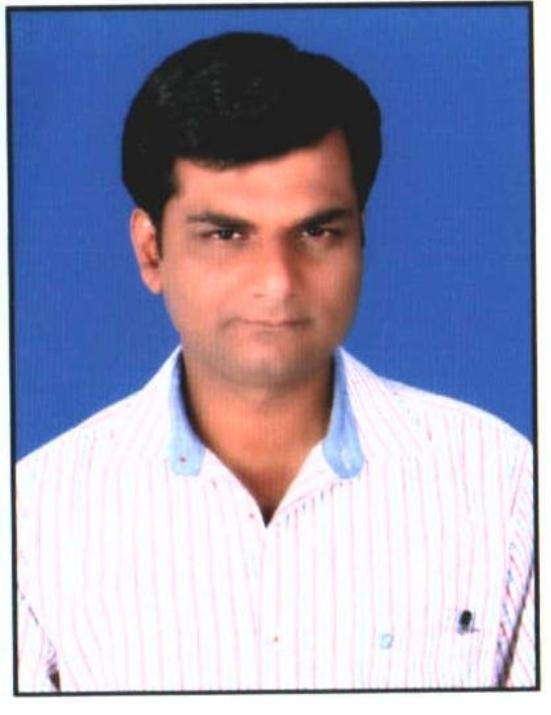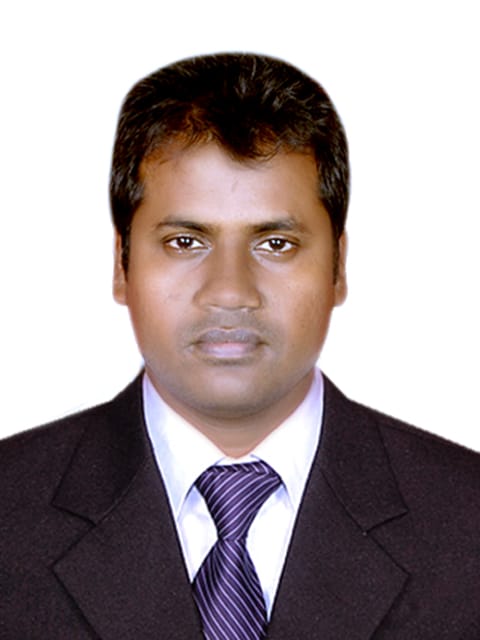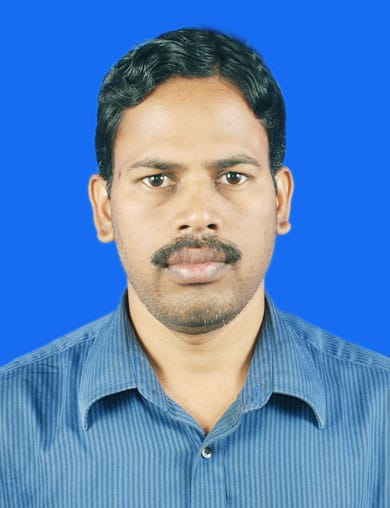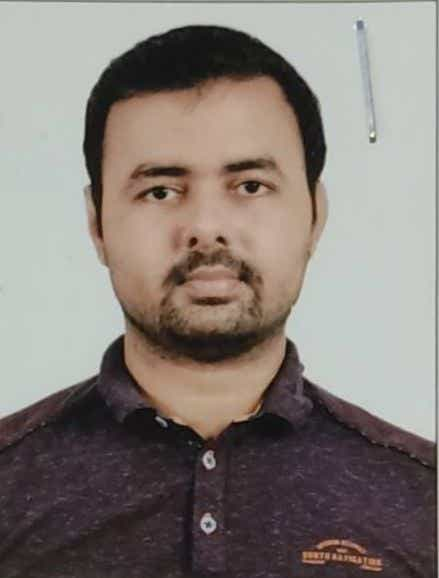Programme Educational Objectives (PEOs)
- PEO 1: To produce graduates with understanding of fundamentals and applications of Electronics and Communication Engineering.
- PEO 2: To enhance graduates with latest technologies to enable them to engineer products for real world problems.
- PEO 3: To build leadership qualities, management skills, communication skills, moral values, team spirit and lifelong learning ability for the graduates.
Programme Specific Outcomes (PSOs)
- PSO 1 - Professional Skills: To analyze, design and develop solutions for the real time problems and to apply the technical Knowledge for developing quality products for Electronics and Communication based Industry.
- PSO 2 - Problem-Solving Skills: To adapt to emerging Information and Communication technologies and to develop innovative ideas and solutions in RF & Communication, Networking, Embedded Systems, and VLSI.
- PSO 3 - Successful Carrier and Enterpreneur Skills: An ability to make use of acquired technical knowledge to get employed in the field of Electronics and Communication and also to become successful Entrepreneur.
Programme Outcomes (POs)
- PO 1 - ENGINEERING KNOWLEDGE: Apply the knowledge of mathematics, science, engineering fundamentals, and an engineering specialization to the solution of complex engineering problems
- PO 2 - PROBLEM ANALYSIS: Identify, formulate, review research literature, and analyze complex engineering problems reaching substantiated conclusions using first principles of mathematics, natural sciences, and engineering sciences.
- PO 3 - DESIGN/DEVELOPMENT OF SOLUTIONS: Design solutions for complex engineering problems and design system components or processes that meet the specified needs with appropriate consideration for the public health and safety, and the cultural, societal, and environmental considerations .
- PO 4 - CONDUCT INVESTIGATIONS OF COMPLEX PROBLEMS: Use research-based knowledge and research methods including design of experiments, analysis and interpretation of data, and synthesis of the information to provide valid conclusions.
- PO 5 - MODERN TOOLS USAGE: Create, select, and apply appropriate techniques, resources, and modern engineering and IT tools including prediction and modeling to complex engineering activities with an understanding of the limitations.
- PO 6 - THE ENGINEER AND SOCIETY: Apply reasoning informed by the contextual knowledge to assess societal, health, safety, legal and cultural issues and the consequent responsibilities relevant to the professional engineering practice.
- PO 7 - ENVIRONMENT AND SUSTAINABILITY: Understand the impact of the professional engineering solutions in societal and environmental contexts, and demonstrate the knowledge of, and need for sustainable development.
- PO 8 - PROFESSIONAL ETHICS: Apply ethical principles and commit to professional ethics and responsibilities and norms of the engineering practice.
- PO 9 - INDIVIDUAL AND TEAM WORK: Function effectively as an individual, and as a member or leader in diverse teams, and in multidisciplinary settings.
- PO 10 - COMMUNICATION: Communicate effectively on complex engineering activities with the engineering community and with society at large, such as, being able to comprehend and write effective reports and design documentation, make effective presentations, and give and receive clear instructions .
- PO 11 - PROJECT MANAGEMENT AND FINANCE: Demonstrate knowledge and understanding of the engineering and management principles and apply these to one’s own work, as a member and leader in a team, to manage projects and in multidisciplinary environments.
- PO 12 - LIFE-LONG LEARNING: Recognize the need for, and have the preparation and ability to engage in independent and life-long learning in the broadest context of technological change.
Facilities
State-of-art laboratories, Well qualified faculties, Seminar hall
Job Opportunity
There is an increasing demand for people with the knowledge and skills to design, build, test and develop electronic products and systems. An electronics engineer can be employed in various public and private sector organizations such as the Indian Telephone Industries, National Physical Laboratories, AIR, Civil aviation, and the police wireless departments. Electronics engineers are also absorbed into the entertainment sector, media industry, research establishments and defense organizations. They can also take up teaching and research in engineering colleges in India or abroad.
 Admission Enquiry e Learning
Admission Enquiry e Learning





